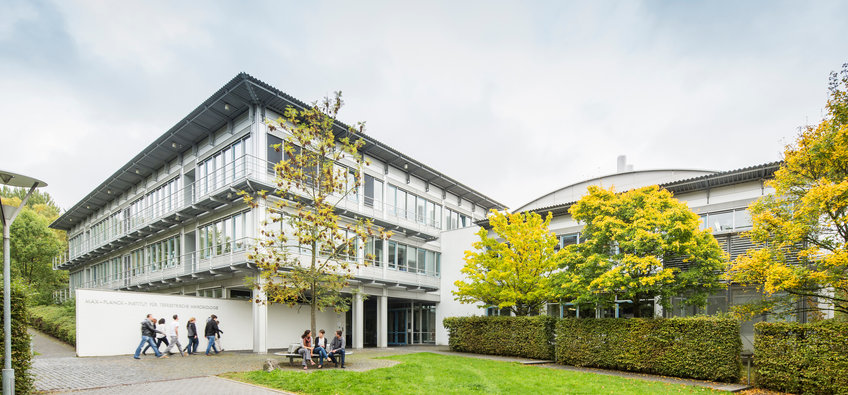
Max Planck Institute for Terrestrial Microbiology
The mission of the Max Planck Institute for Terrestrial Microbiology is to understand the function, communication and interaction of microorganisms with their environment, to describe them with the aid of mathematical models and to modify them in a targeted manner using synthetic-biological approaches. What processes underlie their enormously diverse metabolic performances in the global biogeochemical cycles? What relevant natural products do they form? How are they able to adapt to environmental changes? What mechanisms underlie the cell cycle and cell polarity of microbial organisms? How do microbes interact with each other and with other organisms such as plants and animals? How can their metabolic properties be specifically modified and used to address current challenges, such as global warming, or the antibiotic crisis? The Max Planck Institute for Terrestrial Microbiology addresses these and other questions through comprehensive basic research, from the atomic level to the ecosystem.
Contact
Karl-von-Frisch-Str. 1035043 Marburg
Phone: +49 6421 178-0
Fax: +49 6421 178-999
PhD opportunities
This institute has an International Max Planck Research School (IMPRS):
IMPRS on Principles of Microbial LifeIn addition, there is the possibility of individual doctoral research. Please contact the directors or research group leaders at the Institute.








